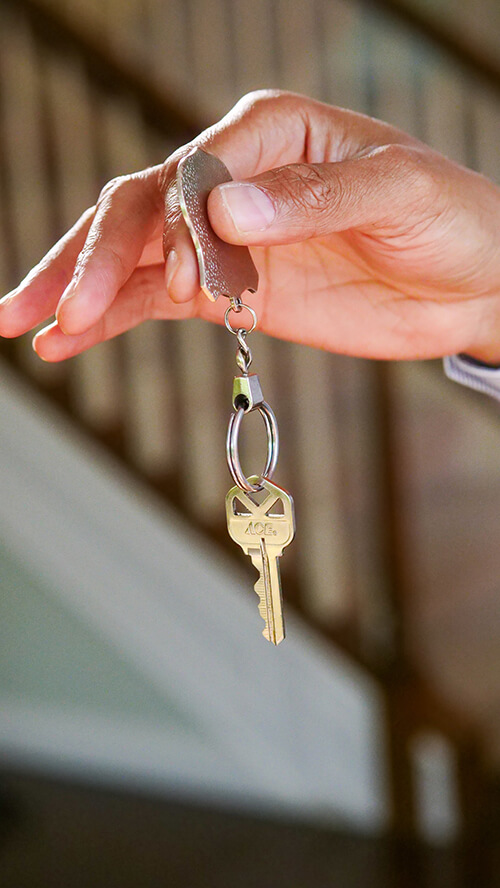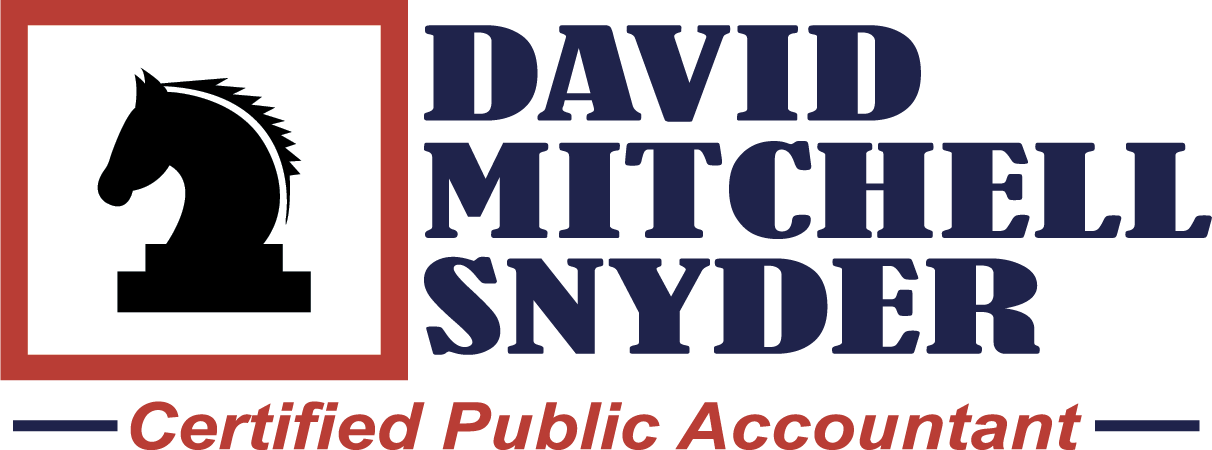Converting a Rental to a Residence
Converting a Rental to a Residence
Thinking of moving into a rental property before you sell it? Be aware of tax consequences before doing so.

One old strategy for paying less tax on the sale of an investment property was to move into your rental and use the property as a primary residence for two years before selling. You would live in your rental full-time for at least two years prior to selling to take advantage of the gain exclusion of $500,000 ($250,000 if single), which can wipe out all or most of your gain on the property.
However, two legislative changes have made this technique less beneficial. First, the writing of IRC Sec. 121(d)(6). This Code Section basically states that depreciation taken after May 6, 1997, on a property (regardless of current use) must be recaptured (i.e., taxed) on the sale of that property. Second, IRC Sec. 121(b)(4) was written to prohibit appreciation that occurred while the property was an investment (rental) property from getting excluded from taxable income. This Code Section is applicable for years starting in 2009.
Follow this link https://www.kitces.com/blog/limits-to-converting-rental-property-into-a-primary-residence-to-plan-for-irc-section-121-capital-gains-exclusion/ for Michael Kitces excellent article on this subject.
TAX PLANNING TIP: You can avoid or partially avoid the depreciation recapture tax by selling property you have owned before 1997. You can sell old fully or mostly depreciated property. If you have property that was being depreciated before 1997, you can still avoid the nasty depreciation recapture tax on the depreciation prior to the May 7, 1997, date.
TAX PLANNING TIP: The IRS allows a proration method to determine how much capital gain is attributable to time the property was a rental. You can benefit if your investment property has greatly increased in value in the past couple of years, you move into it, and the appreciation is more modest during your residential use. If you sell the property after you have established it as your primary residence for two years, you will be able to exclude more gain than occurred during your qualifying residential use.
TAX PLANNING TIP: Use the proration method when selling old investment/rental property. Any time before January 1, 2009, is counted as qualified residential use so the amount of capital gain that you can exclude is increased by years before 2009 even if the property was used as a rental during this time.
Contact us (727.310.8106 or [email protected]) for a more detailed discussion on how you can benefit the most from the current tax laws.
